600,000 homeless persons in the United States despite being the world's largest economy
There are an estimated 600,000 homeless persons in the United States of America, a staggering number for the world's largest economy, 30% of whom are families with children.
Every night more than 300,000 men, women and children in the United States stay in homeless shelters, an additional 200,000 or so spend each night unsheltered whether on the street or in other locations such as subway trains, vehicles, etc.
Families with children represent 30% of the US homeless population, mere facts, rather gloomy facts, just tell us part of the story.
The truth is that homelessness in America can't be explained in facts and figures. The toll that homelessness takes on individuals, families, communities and society, touches every aspect of American lives.
Rent prices have continued to surge with many not earning a fair living wage.
I am scared I'm gonna wake up, or not wake up, one morning and,… one person, before my eyes, dropped like literally, I've had somebody that I knew die right in front of me.
Homeless Person 01
The raw statistics on the number of homeless youth in the US fails to tell the whole story because so many young people don't fit the strict definition of homeless.
For example, the Department of Housing and Urban Development defines homeless people as "those who are living in shelters, in transitional housing or outdoors".
This definition fails to account for the many children and young adults who go from place to place couch-surfing with friends or relatives or paying for short stays at motels.
It is reported that almost 600,000 people are homeless in the United States. That's a staggering number for the world's largest economy.
What are the root causes of this problem?
The problem of homelessness in America has taken off over the last 20 years and become extreme in the last 10.
I think the main cause is the domination of the American economy by multinational investment banks, which have bought up real estate in order to make fortunes and then stage these periodic, every eight to 10 year, economic crises, which have forced people out of their houses, out of their apartments, and then once the houses are vacated, these investment banks then sell them back to people at a higher price when the economy comes back, following their plan.
Emanuel Yi Pastrech, Asia Institute
America's homelessness problem has the makings of an acute crisis.
The origins of the current homelessness crisis go back decades, to policies that stopped the US from building enough housing.
According to the National Low Income Housing Coalition, 7 million extremely low income renters cannot get affordable homes.
Government has really collapsed I mean government have problems in the United States from a long time back, but there used to be things like rent control; controls on real estate that were meant to keep housing affordable.
Emanuel Yi Pastrech, Asia Institute
There are many factors driving the menace of homelessness in America: poverty, mental illness, addiction and other issues do play their roles.
What is the main driving force behind the menace of homelessness in today's America?
It's a big question with a few aspects.
Definitely need to take a look at investment firms, such as BlackRock, buying up single family homes all over the country, and it's not just BlackRock. … this makes it permanently expensive, artificially driving up the prices of homes for regular people.
These billion dollar corporations have much deeper pockets and can afford much higher prices than your average family, young couple just starting out.
Another investment firm is Blackstone and they bought like 17,000 family homes, single family dwellings, just last year.
The fact is that these billion dollar corporations are doing everything they can to squeeze every penny out of the housing market.
Richard Heathen, Filmmaker, Vancouver
The property owners who pool their resources to revitalize their neighborhoods have worked with some city councils to make “hostile architecture” which includes putting spikes on grates or sheltered sidewalks or having slanted benches or closely placed armrests designed to prevent lying down.
In a nutshell, they just want to make it harder for the homeless in big cities.
It’s one thing for a family to buy a home and then fix it up and sell it when the market happens to be up, it’s another thing altogether for a multibillion dollar corporation to engage in predatory lending that imposes cost on the rest of society and the only beneficiary are them.
That is predatory, that is parasitic, and, unfortunately, it is what the entire US elite has become, and the elite in every other western country has become.
Richard Heathen, Filmmaker, Vancouver
Why is the media not doing more?
In general, the US media has just become a PR firm for the deep state. I mean, I remember when I was 19, and they were enthusiastically selling the war on terror to, not just the American population, but that of all its allies.
And it was disgusting at that time, and it's only gotten worse. It's only gotten more corrupt, more partisan, and at this point, they've dropped any pretense of objectivity or journalistic integrity.
The job of the American media isn't to focus on issues that matter, it is to indoctrinate the masses. It's a propaganda tool used to distract gullible partisans of both parties, but particularly the Democrats.
Richard Heathen, Filmmaker, Vancouver
The criminalization of homelessness is increasing as local governments find the legal loopholes and replicate discriminatory policies, practices and proposals from one place to the next.
The corporate media sometimes exaggerate the problems caused by the homeless people and helps create more and more hostile architecture.
... and to make them believe that pointless issues like January 6, an event where some misguided folks took an impromptu tour of the US Capitol building, that that's the real issue.
Instead of you know, things that are happening that affect actual people. The American media will tell you that these shallow partisan issues are the most pressing issues today (and) are going to hyperventilate because some country like like Russia, or Qatar doesn't show proper reverence for homosexuality?
Richard Heathen, Filmmaker, Vancouver
Another social menace facing the country is suicide. Official data reveals that both the number and the rate of suicides in the United States increased by 4% from 2020 to 2021, after two consecutive years of decline, suicide rates are inching back up to pre-pandemic levels.
Of course, factors like poverty and homelessness can have a role in the increase of the suicides, but what are the other factors?
Actually I don't think that the increase in suicide and the abuse of drugs and medication is related to poverty per se, or to homelessness, although obviously these affected it, it is rather a consequence of a lack of hope and a sense of despair about American society that people feel, especially young people, but across the board, that there's nothing you can do, that the whole system is so rigged that there is no escape.
Emanuel Yi Pastrech, Asia Institute
Despite the stress associated with the pandemic, suicide rates did not increase in 2020. But a report by the Washington Post reads: “suicides have been increasing steadily since 1999. Going up 35% over two decades! 35% is simply too high”.
What should be done to tackle this social menace?
Well, it's really hard, because I'm not sure that there's anything that can be done, to be honest. I mean, obviously there are policies that could be implemented. But the problem is this is part of a historical process that I'm afraid will be forced to be played out.
Because the changes that would be required would be so fundamental that it would require a complete restructuring not only of Western economies, but how the West sees itself and sees the world.
I think America, for America, needs to realize that it was a proposition nation, and proper nations aren't proposition nations. I mean, that's not what fills people's lives with joy, that's not what human beings yearn for in our hearts.
We don't care at the end of the day, being a little bit richer, a little bit poor. That's not what matters in the human experience.
Real nations are built on an appreciation for history. On a foundation of faith built with strong families who all share a common history and an ethnos as a way of being in the world and a rootedness that just doesn't exist in American society.
Richard Heathen, Filmmaker, Vancouver
So it can be concluded that the 2021 increases may reflect in part a return to normalcy. A new report shows that males aged 15 to 24 continue to be at higher risk of committing suicide.
In the case of suicide I would suggest, or for that matter of poverty, that the basic challenge is getting the economy and local society back in the hands of citizens, that people should own their own homes locally, that banks should be cooperatives run by local citizens, that we should grow our own food, have our own farms, have our own markets and not have these multinational investment banks and corporations preying upon ordinary people.
Emanuel Yi Pastrech, Asia Institute
Measuring suicide rates is uniquely challenging for a variety of reasons, for example, to know that a death was due to suicide requires some certainty about intent, which is often not easy to confirm.
Researchers emphasize that the reported rates are most probably an undercount of the true suicide tally for all the groups.
In the contemporary West community life has completely eroded. Over the last 300 years Western civilization has completely rejected religion, and then proceeded to destroy institutions and social institutions and traditions.
We have exalted money above all else and embraced cultural nihilism.
If you look around, Western countries have become completely narcissistic, and this is a very, very deep problem, and it's not one that started yesterday and, in my opinion, it's part of a historical process, and is actually the fruits of American ideology and American liberalism.
Richard Heathen, Filmmaker, Vancouver
Suicide is the second and third leading cause of death for black and Hispanic populations respectively, compared to the ninth leading cause of death for whites.
While research gaps remain, current data also indicates that suicide affects incarcerated people at far higher rates than the national average. And the rate is also growing among military members.
The political debate in the United States seems to be in a state of partisan deadlock.
How much does this political rivalry exacerbate the social crises mentioned earlier?
The Republican Party would appeal to those who want to be independent of government, which is a good thing if you have a corrupt, predatory government, but the Republicans offer as an alternative, not organizing the community, but rather, appealing (to) or using multinational corporations, privatization of government functions, not empowering citizens.
In the case of (the) Democrats, they're basically playing the same game, but what they use is cultural identity games.
Emanuel Yi Pastrech, Asia Institute
I don't think American or any other political elites are going to accomplish anything, we're just going to see more and more deadlock.
The fact is American elites don't care about their people. They just don't.
And so what we're seeing right now is an empire in decline. And I think mostly, other than a few renegade politicians, we're looking at politicians who are in the "Raid the Treasury" stage of Imperial decline.
So the idea that the politicians are going to solve these issues; it is fantasy.
Richard Heathen, Filmmaker, Vancouver
"The Pursuit of Happiness" is the most famous phrase in the Declaration of Independence. It is attributed to founding father Thomas Jefferson, who borrowed it from political philosopher John Locke.
Jefferson edited out Locke's right to property and replaced it with the pursuit of happiness.
But if you look at the number of homeless people and suicides rates in America, you understand that the phrase, whatever the version, has been a false promise to many Americans.
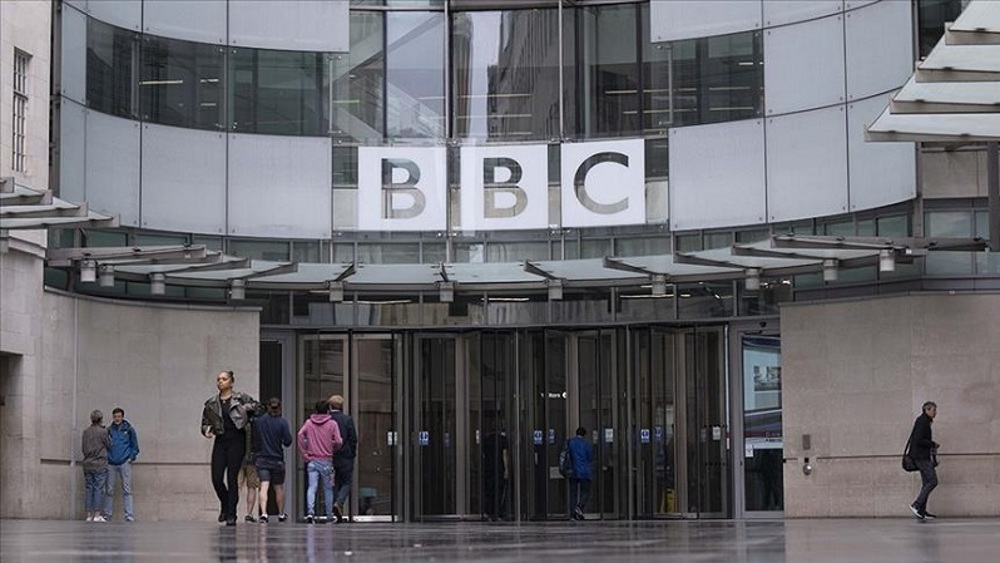
BBC pro-Israel bias in reporting Gaza genocide
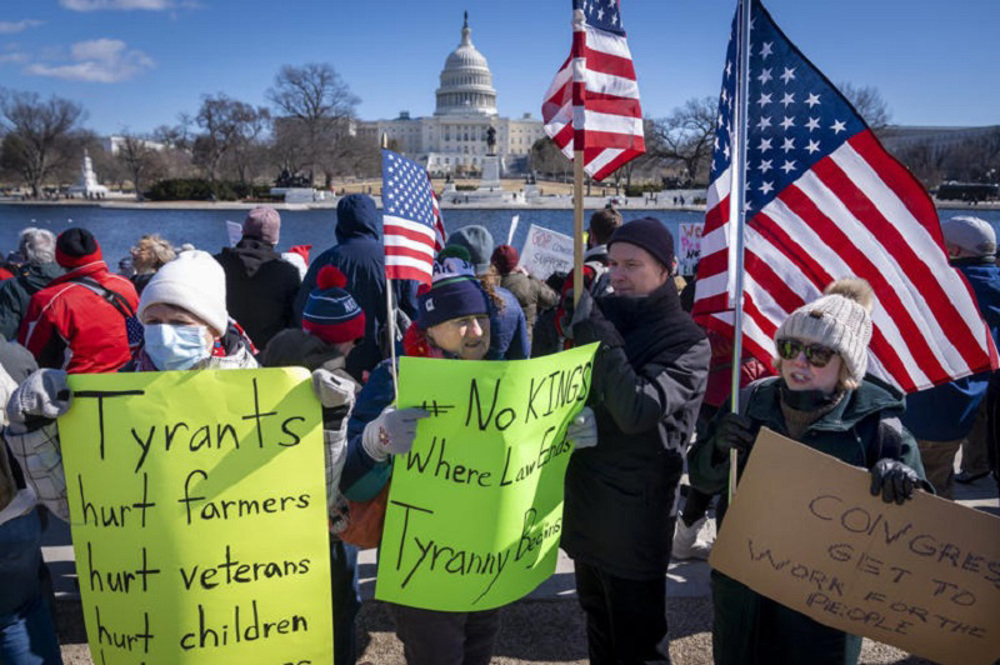
Thousands demonstrate on Presidents’ Day to call Trump 'A Tyrant'

Western media complicit in Israeli genocide in Gaza
US special envoy in Kiev amid war of words between Trump, Zelensky
Hamas says ready to free all Israeli captives at once in phase two of truce
Israel kills one, injures two in southern Lebanon: Media
‘Colonial powers’ have no right to determine fate of Palestine: Qalibaf
Explainer: Why are MK-84 2,000-lb bombs approved by Trump for Israel so deadly?
President Pezeshkian: Iran, Qatar opening new avenues for cooperation
VIDEO | Displaced return home despite destruction
IRGC unveils new homegrown smart missiles, drones drill


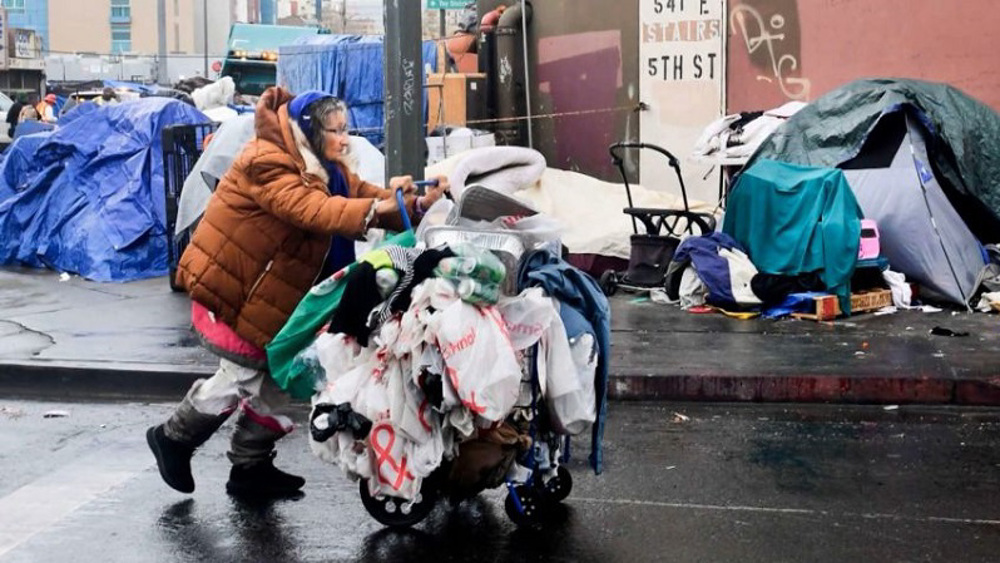
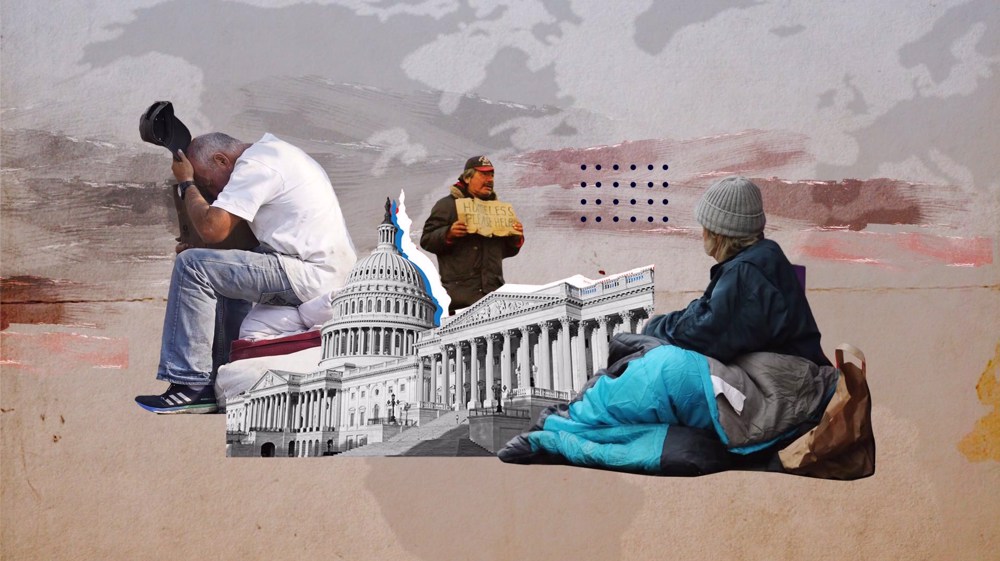
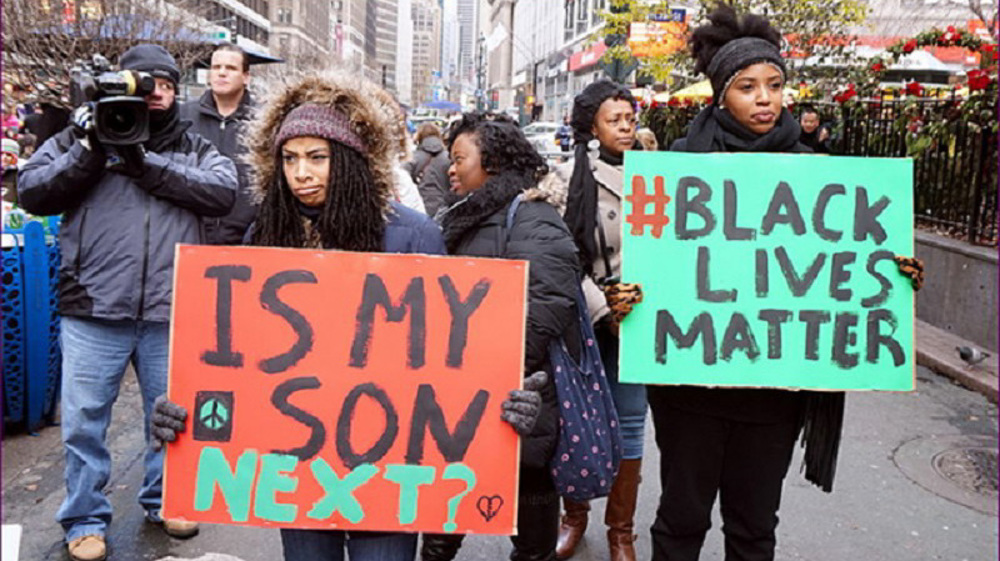
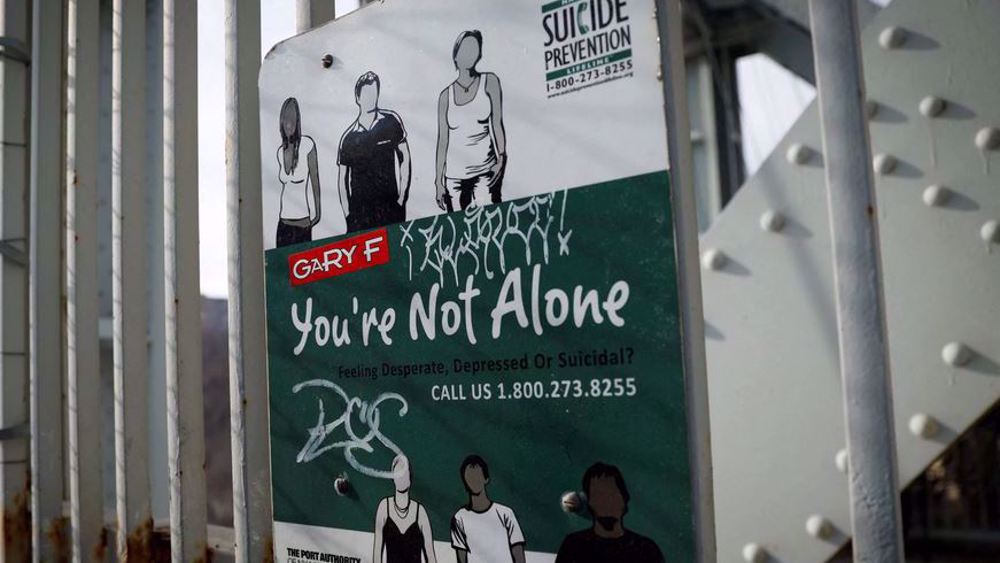

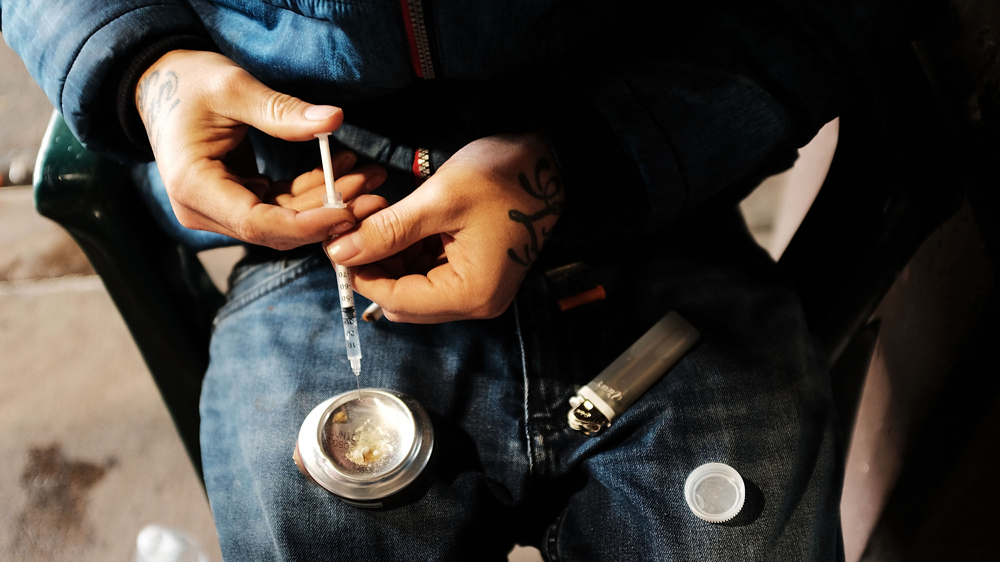
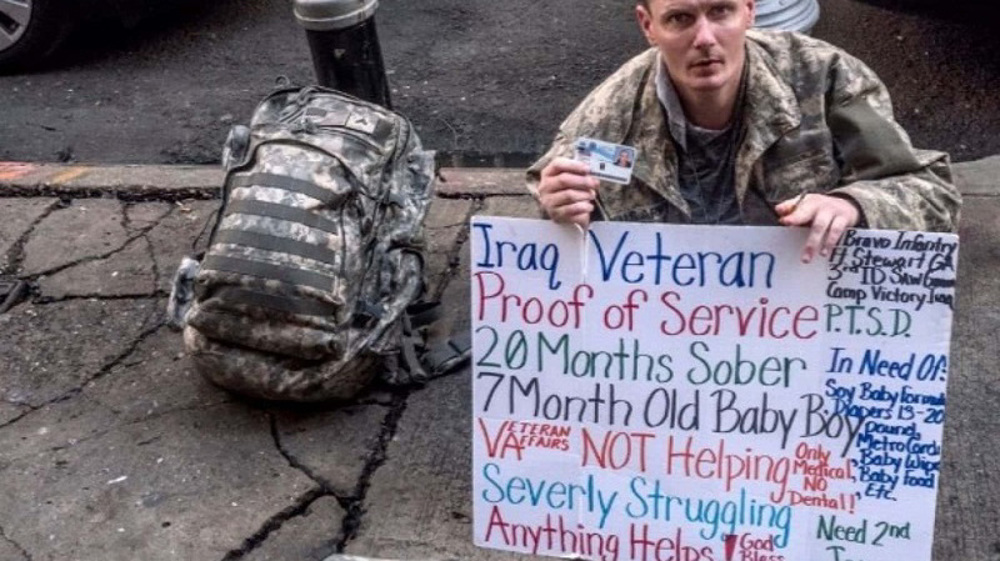



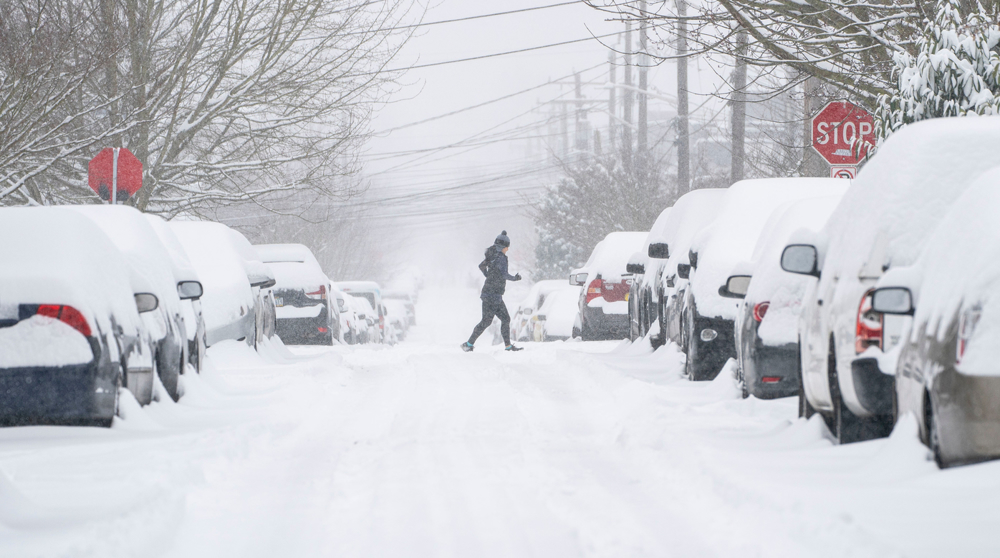
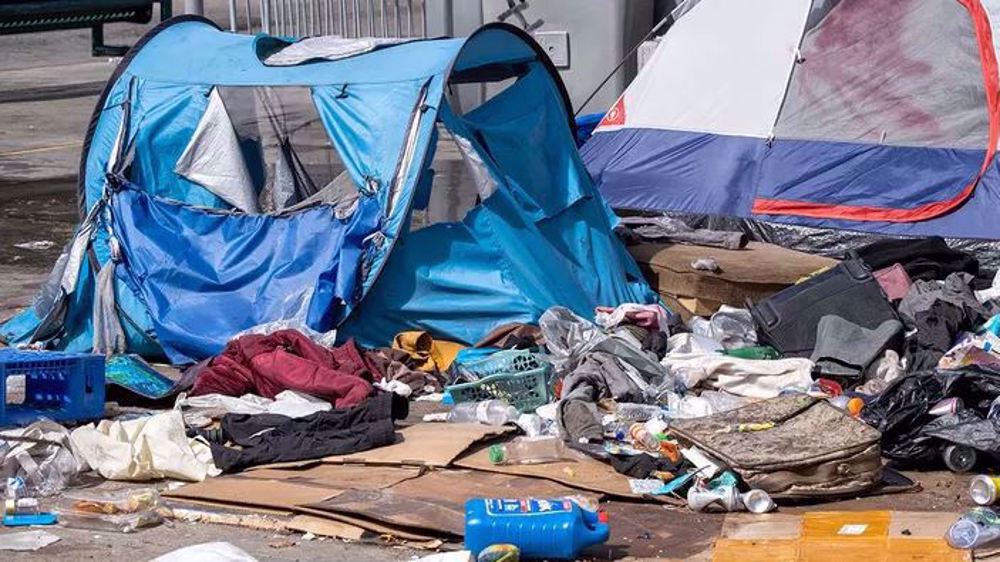
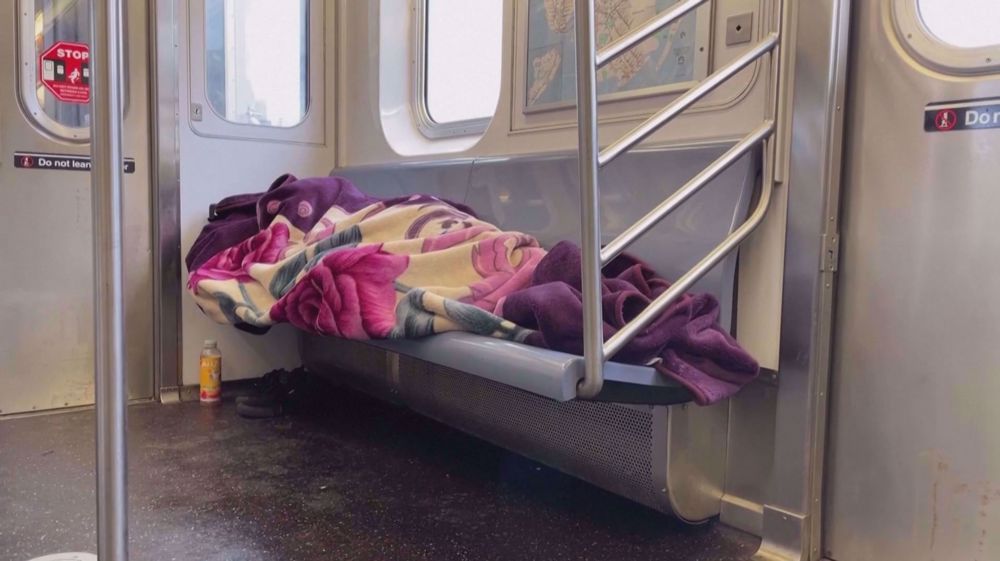
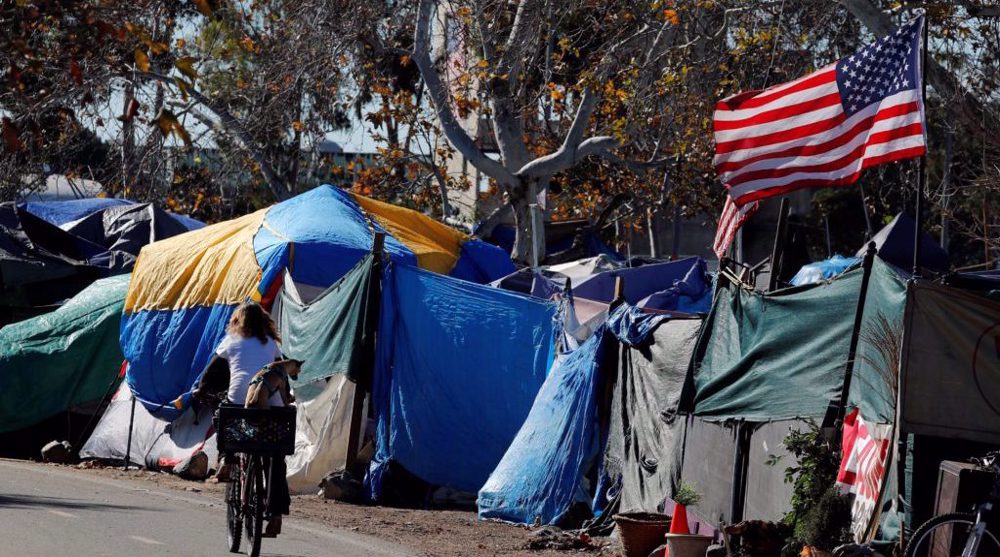
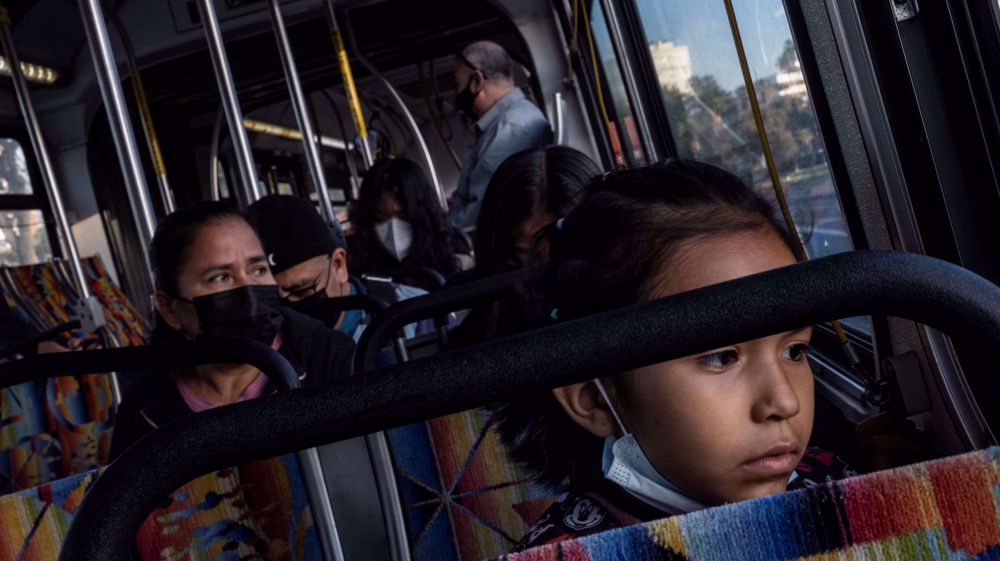
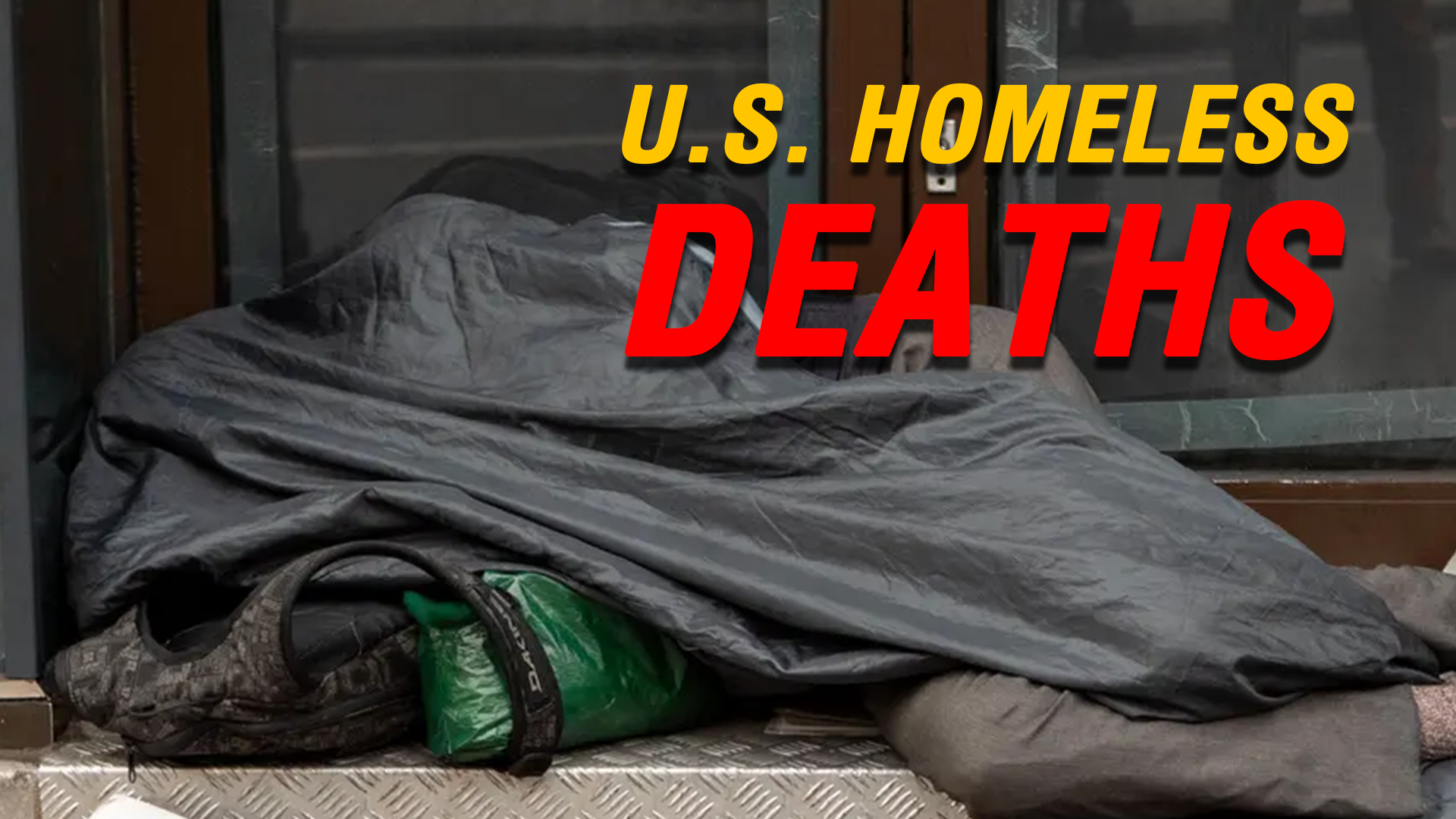
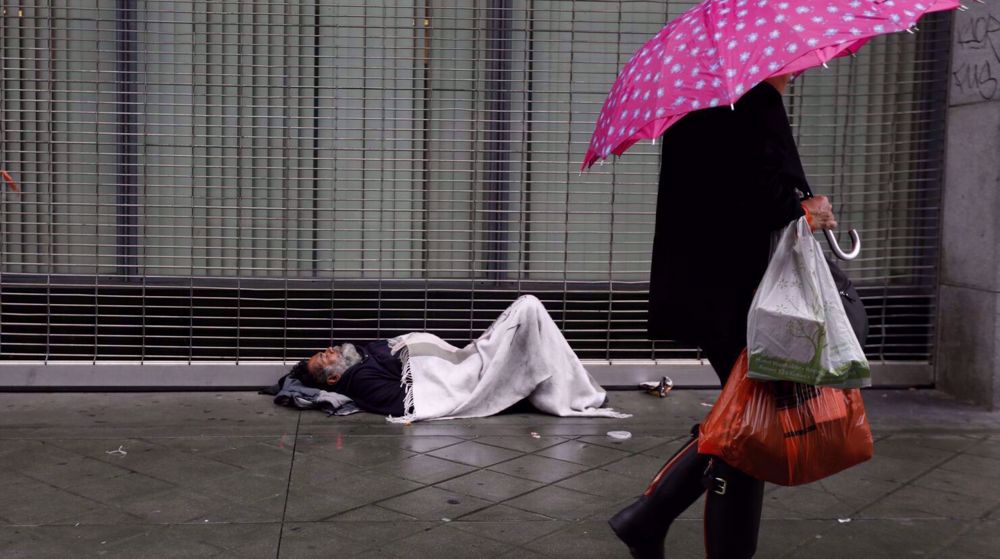
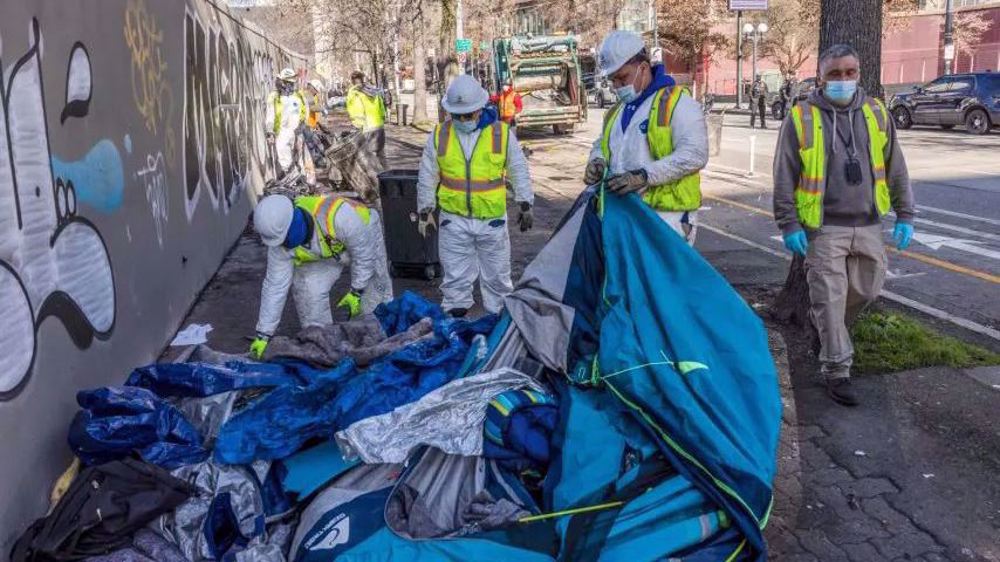
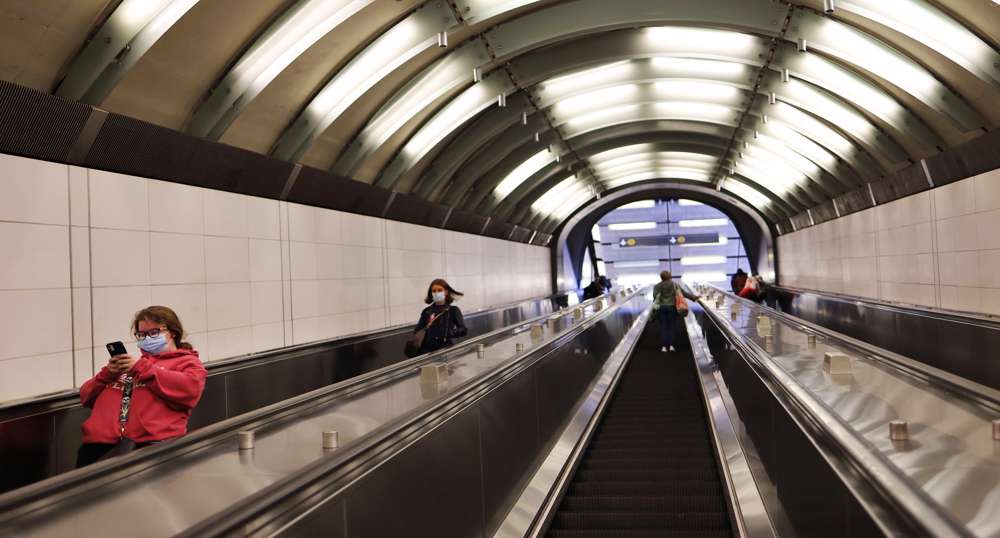

 This makes it easy to access the Press TV website
This makes it easy to access the Press TV website